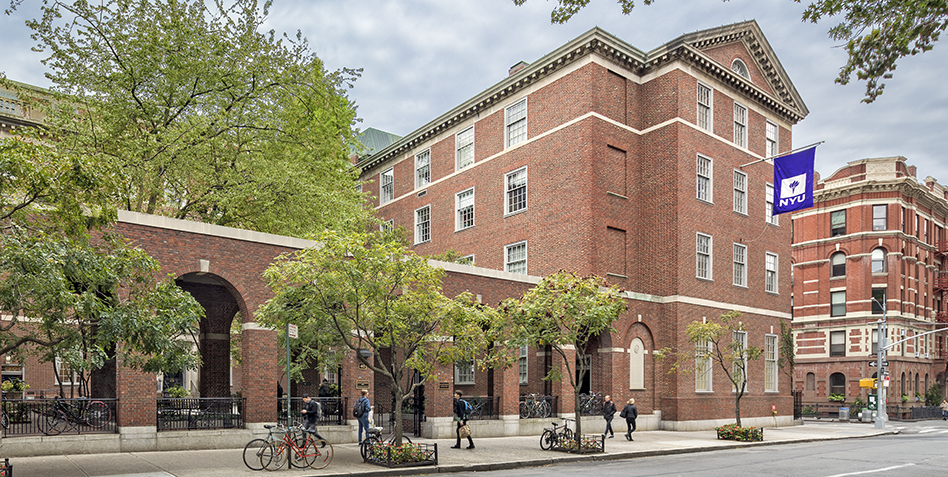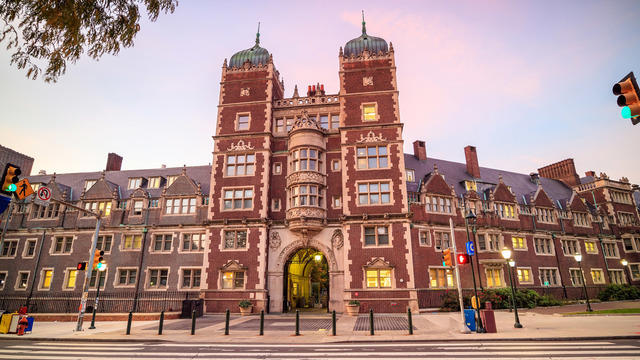The pursuit of a legal career is an intellectual odyssey, demanding precision, critical thinking, and an unwavering commitment to justice. The institution where one hones these skills can shape their professional trajectory in profound ways. A degree from a world-renowned law school not only refines legal acumen but also opens pathways to prestigious careers, high-profile networks, and unparalleled mentorship.
Whether your ambitions lie in corporate litigation, human rights advocacy, academia, or the judiciary, selecting the right law school is a cornerstone decision. Below, we explore the ten preeminent institutions that have set the gold standard for legal education.
1. Yale Law School (New Haven, Connecticut)

Why Yale?
Consistently ranked as the #1 law school in the U.S. A bastion of intellectual rigor and legal scholarship.
Unparalleled faculty-to-student ratio. Small class sizes cultivate deep discussions and mentorship opportunities.
A curriculum that defies convention. Eschewing traditional grades, Yale fosters an environment of academic exploration.
An incubator for legal luminaries. Graduates frequently ascend to the highest echelons—Supreme Court clerkships, judiciary appointments, and legislative roles.
The prestigious Yale Law Journal. A revered publication that serves as an intellectual cornerstone for legal academia.
Yale Law is tailor-made for those who seek to push the boundaries of legal theory, engage in public service, and leave an indelible mark on jurisprudence.
2. Stanford Law School (Stanford, California)

Why Stanford?
A trailblazer in interdisciplinary legal education. Encourages cross-pollination between law, technology, business, and medicine.
Deep integration with Silicon Valley. Provides an unparalleled gateway into the legal dimensions of technology, venture capitalism, and entrepreneurship.
Flexible academic pathways. Students can craft joint degrees, blending law with business, engineering, or even environmental science.
A dynamic and forward-thinking curriculum. Perfect for students eager to challenge traditional legal paradigms.
For the aspiring lawyer who thrives at the nexus of law and innovation, Stanford is a powerhouse of opportunity.
3. Harvard Law School (Cambridge, Massachusetts)

Why Harvard?
An institution of historical significance. One of the world’s most influential law schools.
A vast and prestigious alumni network. U.S. Presidents, Supreme Court justices, and industry moguls all hail from Harvard Law.
Robust clinical programs. Students gain hands-on legal experience through extensive externships and pro bono opportunities.
The esteemed Harvard Law Review. One of the most widely cited legal journals in the world.
Harvard Law is the ideal choice for those who seek a comprehensive, diverse, and globally recognized legal education.
4. Columbia Law School (New York City, New York)

Why Columbia?
Prime location in the legal capital of the world. Access to top-tier firms, financial institutions, and international organizations.
Specialization in corporate and international law. A launching pad for those aiming to navigate global legal landscapes.
Impressive clerkship and networking opportunities. A Columbia Law degree is synonymous with elite professional prospects.
The Columbia Law Review. A distinguished publication that has shaped legal thought for generations.
For students with aspirations in corporate litigation, finance law, or transnational legal practice, Columbia is an unassailable choice.
5. University of Chicago Law School (Chicago, Illinois)

Why Chicago?
A rigorous, intellectually demanding curriculum. Grounded in legal theory and economic analysis.
The home of the Law & Economics movement. A school that has profoundly influenced modern legal thought.
A tight-knit, scholarly community. Small classes ensure intensive faculty-student interaction.
For the analytically inclined legal scholar, Chicago Law provides an unparalleled academic experience.
6. New York University (NYU) School of Law (New York City, New York)

Why NYU?
Global leadership in international, tax, and public interest law. A stronghold for human rights advocacy and legal reform.
Unmatched clinical programs. Hands-on legal training with leading law firms and NGOs.
A prime location in downtown Manhattan. A hub of opportunity in the legal world.
For those committed to shaping global policies and advocating for social justice, NYU stands as a beacon of progressive legal education.
7. University of Pennsylvania Carey Law School (Philadelphia, Pennsylvania)

Why Penn Law?
Interdisciplinary legal training. Unique access to the world-renowned Wharton School of Business.
Strength in corporate and business law. A prime destination for future corporate lawyers and entrepreneurs.
A close-knit, collaborative environment. Personalized learning experiences with faculty mentorship.
For aspiring legal professionals seeking a robust fusion of law and business, Penn Law is an unmatched choice.
8. University of California, Berkeley School of Law (Berkeley, California)

Why Berkeley?
A leader in progressive legal education. Emphasizes social justice, environmental law, and intellectual property law.
A pass/no pass grading system. Reduces stress and fosters a cooperative academic atmosphere.
A powerhouse for technology and privacy law. Ideal for those eyeing careers in emerging legal fields.
For students drawn to activism, sustainability, and digital rights, Berkeley Law is a preeminent institution.
9. University of Virginia School of Law (Charlottesville, Virginia)

Why UVA Law?
Rich in tradition and prestige. One of the oldest and most respected law schools in the U.S.
Strong in constitutional and government law. A prime training ground for future public officials and policymakers.
A formidable alumni network. Tight-knit community with exceptional placement in judicial clerkships and top firms.
For those seeking a well-rounded, historically significant legal education, UVA Law delivers in spades.
10. Duke University School of Law (Durham, North Carolina)

Why Duke?
A balanced and interdisciplinary curriculum. Strong integration with Duke’s business and policy programs.
Expertise in international and corporate law. Ideal for students pursuing cross-border legal careers.
Small class sizes with personalized mentorship.
For students who value an intimate, high-caliber academic environment with global opportunities, Duke Law is an elite contender.
Final Thoughts
The journey to a successful legal career begins with selecting the right institution—one that aligns with your aspirations, learning style, and professional ambitions. Whether your interests lie in corporate law, technology policy, human rights, or public service, the institutions on this list represent the pinnacle of legal education. Take into account factors such as location, specialization, and financial investment before making your choice. Ultimately, success in law is determined not only by where you study but by the passion, perseverance, and dedication you bring to your legal journey.